Agion® Antimicrobial Treated Steel
Shielding You from What You Don’t See
Agion Antimicrobial Treated Steel suppresses the growth of bacteria, molds, fungi, and other microbes, making it the go-to product for applications where antimicrobial protection is required or desired. At Mapes & Sprowl Steel, we have you covered with the antimicrobial steel and processing you need to shield you from what you cannot see. Learn more about Agion Antimicrobial Treated Steel with our FREE webinar.
How It Works
Cuboid ceramic blocks known as zeolites contain silver ions. When the zeolites encounter bacteria, mold or fungi, the silver ions are released, deactivating any microbes the material comes in contact with and suppresses duplication and spread. In fact, in May 2020, the University of Arizona tested Agion against a Human Coronavirus – download the study for more information.
Effectiveness of Agion Against Microbes
Agion Antimicrobial Treated Steel suppresses the growth of bacteria, molds, fungi, and other microbes through the release of Silver (Ag) ions. This controlled release of Silver ions provides continuous protection for the life of the coating and offers enhanced corrosion resistance over traditional bare galvanized steel.
Below are some of the bacteria that Agion Antimicrobial Treated Steel suppresses. Download our infographic for more details.
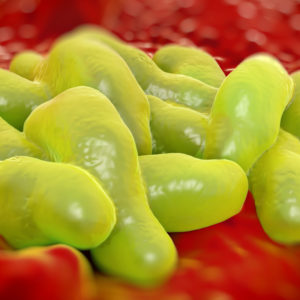 Campylobacter Jejuni
Campylobacter Jejuni
Most common cause of diarrhea
Sources: Raw and undercooked meat and poultry, raw milk, and untreated water
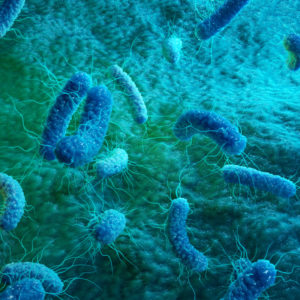 Salmonella
Salmonella
Second most common cause of foodborne illness
Sources: Raw and undercooked eggs, undercooked poultry and meat, dairy products, seafood, fruits, and vegetables
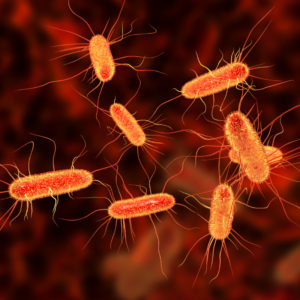 E. Coli O157:H7
E. Coli O157:H7
A bacterium that can produce a deadly toxin
Sources: Meat, especially undercooked or raw hamburger, produce, and raw milk
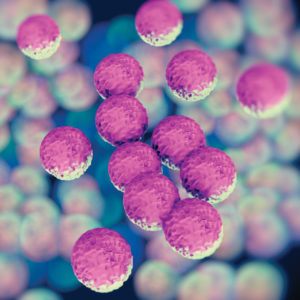 Staphylococcus Aureus
Staphylococcus Aureus
This bacterium produces a toxin that causes vomiting shortly after ingesting
Sources: Cooked foods high in protein (e.g. cooked ham, salads, bakery products, dairy products)
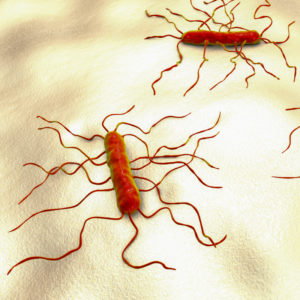 Listeria Monocytogenes
Listeria Monocytogenes
Causes listeriosis, a serious disease for pregnant women, newborns, and adults with a weakened immune system
Sources: Soil and water. It has been found in dairy products including soft cheeses as well as in raw and uncooked meat, in poultry and seafood, and in produce
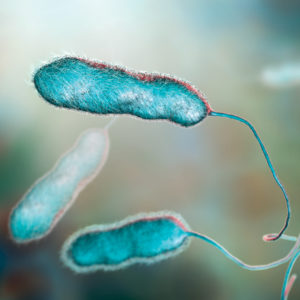 Legionella Pneumophila
Legionella Pneumophila
Causes Legionnaires disease
Sources: Airborne via respiratory droplets
